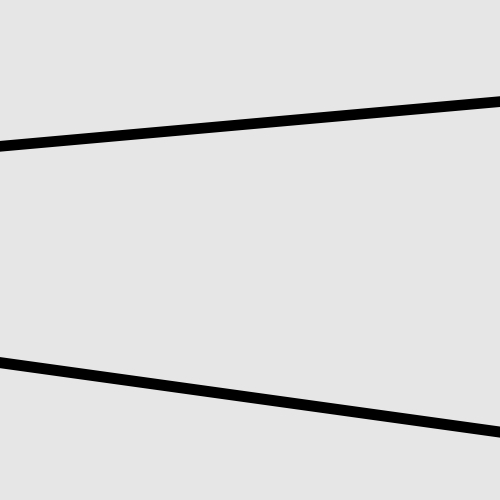Résumé de thèse
L’écologie comme étude des relations entre des êtres vivants et leur environnement se focalise principalement sur l’anthropisation, soit l’impact de l’homme sur la nature. Or le glissement progressif d’un milieu naturel vers un milieu artificiel — ou la technicisation croissante de notre habitat — requiert un changement d’approche pour analyser l’influence de ce nouvel environnement sur l’homme. À l’heure du « bâtiment intelligent » et de la « ville augmentée » comme phénomènes d’hybridation de nos lieux de vie avec notre technique, il s’agit d’encadrer la conception et le développement des technologies pervasives qui captent, analysent et restituent nos traces et comportements. Si l’accumulation et l’utilisation de ces données peuvent bel et bien venir « augmenter » notre capacité d’appréhension du monde, des dérives et externalités négatives — liées notamment aux modalités de fonctionnement des dispositifs numériques les utilisant — ne sont pas à exclure. Ces applications et logiciels, loin d’être neutres, conditionnent souvent un usage — et en conséquence des schémas de pensée — qui devraient engager la responsabilité de leurs concepteurs. Maintenant que les moyens techniques permettent d’exploiter les big data et autres jeux de données, il reste à apporter réflexion et jugement critique à leur emploi, et à définir les interactions sociales induites par ces technologies. Si le design donne une forme à ces données, l’éthique du designer pourrait leur donner un sens. L’écologie d’un système homme-machine relèverait ainsi de l’étude et de l’agencement des interrelations entre sujets (utilisateurs) et objets (ensembles matériels et services numériques) et permettrait de trouver un juste milieu entre efficacité des technologies déployées et garantie des libertés individuelles. À la croisée des sciences techniques et des sciences humaines, cette thèse, alliant recherche fondamentale et expérience de terrain, propose d’ébaucher un protocole éthique à même d’intégrer la méthodologie du design de services numériques.
Ecology as the study of the relationships between living beings and their environment usually focuses on anthropization—the transformation of nature through human action. But the progressive shift from a natural to an artificial environment—or the increasing technification of our habitat—requires a new approach to analyze the influence of these technical circumstances on human beings. In an age of “smart buildings” and “augmented cities”, hybridizations of our living places with our technology, we need to provide a more comprehensive framework for conceiving and developing those pervasive technologies that capture, analyze and report to us our behaviours and “traces”. While the accumulation and uses of this data could indeed improve our understanding of the world, we cannot exclude abuses and negative externalities related to the inherent conceptual biases of services that handle data. These applications and software, far from neutral, often condition a specific use—and therefore specific ways of thinking—that should engage the responsibility of their designer. Although we now have the technical means to exploit Big Data and other data records, there remains a need for reflection and critical judgment about their use, and a need to define the social interactions induced by these technologies. If design gives shape to data, an ethic of design could give them meaning. An ecology of the human-machine system would consist in studying and organizing the interrelations between subjects (users) and objects (material and digital systems) in order to determine a proper balance between the efficiency of technologies and the securing of individual liberties. At the crossroads of technical and human sciences, this thesis which combines theoretical research and field work, proposes to outline an ethical protocol that could integrate with digital design.
Direction de thèse
- Anne Beyaert-Geslin, Université Bordeaux Montaigne, MICA
- Stephanie Cardoso, Université Bordeaux Montaigne, MICA
Biographie
Designer/ingénieur chez iQSpot, doctorant en design au MICA (Bordeaux Montaigne), chargé de cours en Design et cofondateur de Controverse.co
Soutenance de thèse
Thèse soutenue le 16/12/2022
Composition du jury
- Annie Gentès, (présidente du jury et rapporteuse)
- Manuel Zacklad, (rapporteur)
- David Pucheu, (examinateur)
- Nolwenn Maudet, (examinatrice)
